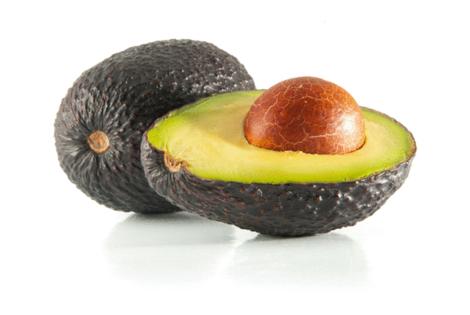On Nutrition: Can nutrition help eczema?
Published in Nutrition
Kim H. from Nevada writes: “I read an article you wrote about how gut health affects the brain and other parts of the body. Our 19-year-old son has severe eczema and is living in Hong Kong. We thought his eczema would get better because of the humidity (there) compared to dry Nevada where we live, but that has not been the case. Are there other articles you've written that address the eczema issue? We'd like to try the more natural route of help rather than the medicinal creams that don’t really address the real issue going on within the gut, which brings on the eczema.”
Dear Kim, it’s really not known what “brings on” eczema. Some researchers have reported a “possible association” between the diversity of microbes in a person’s gut and the development of this condition. And since our diet has a lot to do with that, this might be part of that link.
For readers not familiar with this condition, eczema refers to a group of inflammatory conditions that cause skin to become dry, itchy, flaky and bumpy. The most common form of eczema is atopic dermatitis.
While the exact cause of this irritating condition is not known, experts suspect it involves a combination of factors, including our genetics and the environment in which we live (which includes the foods we eat). In fact, the National Eczema Association (nationaleczema.org), acknowledges that our diet is linked to many aspects of our health, “including our skin.”
However, Dr. Peter Lio, clinical assistant professor of dermatology and pediatrics at Northwestern University, says researchers no longer think food allergies cause eczema.
Now, he says, “We know that eczema comes first.” Allergies may follow when irritated skin allows food proteins to penetrate the skin’s natural barrier.
In truth, says Lio, the role of diet in the treatment of eczema is complex: “Even though there is a deep connection between eczema and food allergy, there’s no one food or eating style that will make this condition just go away.”
Still if a food causes a flare up of eczema every time you eat it, you should avoid that food, he states.
Most importantly, remember that eczema is an inflammatory condition. And wouldn’t you know? Nutrients that help quench inflammation in the body (and on the skin) are found in foods that also promote healthful and diverse gut bacteria.
Fruits and vegetables, for example, are rich in dietary fiber, vitamin C and antioxidants that keep inflammation at bay. Vitamin E and omega-fatty acids found in nuts, salmon and other dark-fleshed fish, avocados and olive oil are also anti-inflammatory. Zinc found in seafood, lean meat and whole grains and probiotics in yogurt and other fermented foods also work to fight inflammation.
We still have a lot to learn about this condition, but the role of nutrition appears extremely promising.
©2025 MediaNews Group, Inc. Distributed by Tribune Content Agency, LLC.










Comments